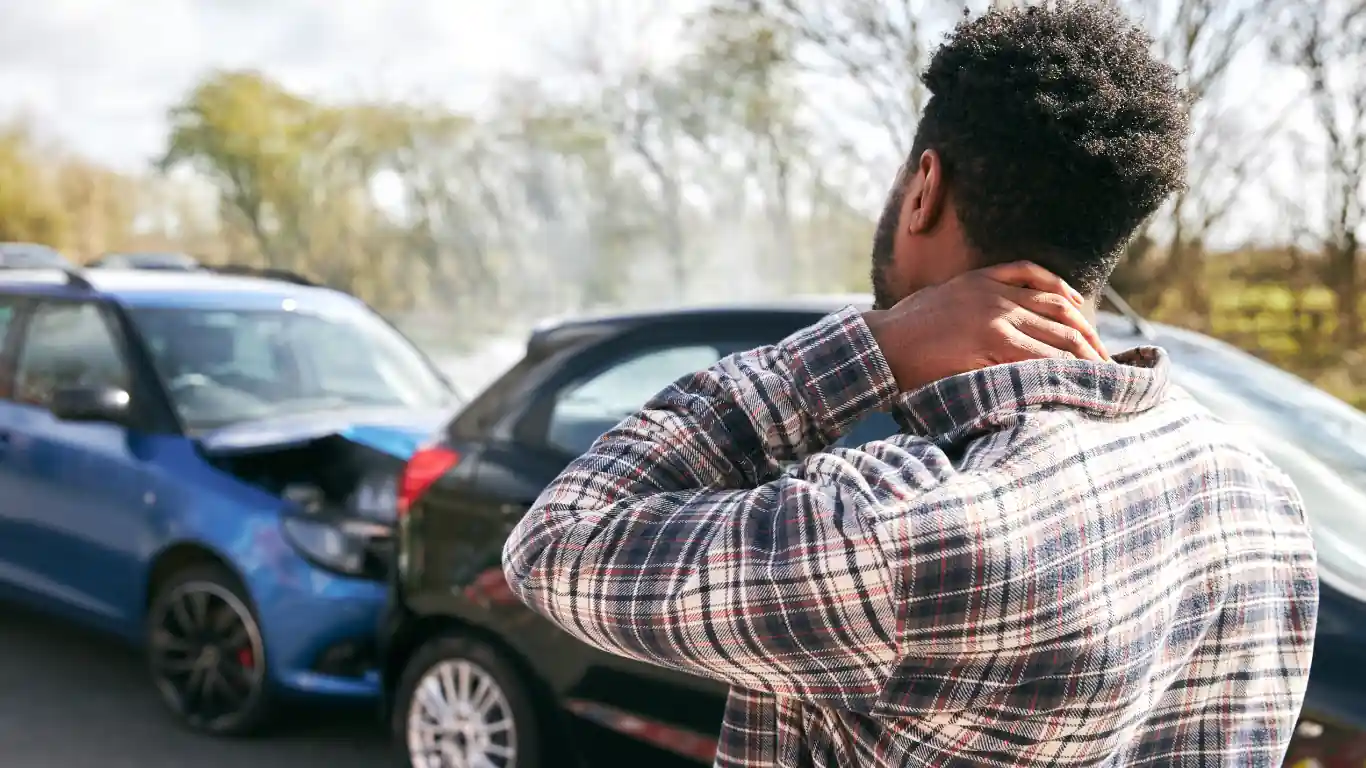
Experiencing a car accident can be frightening and overwhelming, but knowing what to do in the aftermath can help you stay calm and handle the situation effectively. This comprehensive guide will walk you through the essential steps to take after an accident, ensuring your safety, legal protection, and smooth insurance claim process.
Prioritizing Safety and Well-being
- The first and most crucial step after an accident is to check yourself, your passengers, and anyone else involved for injuries. If anyone is hurt, call 911 immediately and request medical assistance. Even if there are no apparent injuries, it’s essential to seek medical attention as some symptoms may appear later.
- Move to a safe location If the vehicles are drivable and the accident is minor, move them to the side of the road or a safe location away from traffic. Turn on your hazard lights and set up warning triangles or flares to alert other drivers. If the cars are not movable, keep your seatbelt on and turn on the hazard lights until help arrives.
How to Stay Calm After an Accident
- Take deep breaths Accidents can trigger an adrenaline rush, causing anxiety and panic. To regain composure, take slow, deep breaths. Inhale through your nose for four seconds, hold your breath for four seconds, and exhale through your mouth for four seconds. Repeat this process until you feel calmer.
- Focus on the present Avoid dwelling on the accident or worrying about potential consequences. Instead, focus on the present moment and the steps you need to take to handle the situation effectively. Remind yourself that you are safe and that you have the ability to manage the aftermath of the accident.
Documenting the Accident
- Call the police Even if the accident seems minor, it’s crucial to involve the police. They will create an official accident report, which will be essential for your insurance claim. If the police cannot come to the scene, you can file a report at the nearest police station or DMV.
- Exchange information Collect the names, addresses, phone numbers, driver’s license numbers, license plate numbers, and insurance information from all parties involved in the accident. Additionally, gather contact information from any witnesses who may have seen the incident.
- Take photos and notes Use your smartphone to document the accident scene, including damage to the vehicles, any visible injuries, and the surrounding area. Take notes on the date, time, location, weather conditions, and the direction each vehicle was traveling. Consider creating a simple diagram of the accident scene.
Communicating with Insurance Companies
Notify your insurer Contact your insurance company as soon as possible to report the accident and initiate the claims process. Many insurers offer mobile apps or virtual tools to guide you through the process and allow you to submit documentation easily.
Stick to the facts When speaking with insurance representatives, provide a clear, factual account of the accident. Avoid admitting fault or speculating about the cause of the incident. Let the insurance companies determine liability based on the evidence and official reports.
Conclusion
Knowing what to do after a car accident can help you stay calm, protect your legal rights, and ensure a smoother insurance claim process. Remember to prioritize safety, document the accident thoroughly, and communicate clearly with all parties involved. By following this guide and keeping important information easily accessible in your vehicle, you’ll be better prepared to handle the aftermath of an accident with confidence.
Frequently Asked Questions
What should I do if the other driver doesn’t have insurance?
If the other driver is uninsured or underinsured, your own insurance policy may cover the damages through uninsured/underinsured motorist coverage. Contact your insurance company to discuss your options.
Should I hire an attorney after a car accident?
If the accident resulted in significant injuries or property damage, or if there is a dispute regarding fault, it may be beneficial to consult with an experienced car accident attorney to protect your rights and interests.
How long do I have to file an insurance claim after an accident?
The time limit for filing an insurance claim varies by state and insurance provider. It’s best to contact your insurance company as soon as possible after the accident to ensure you meet all deadlines.
What if I experience delayed symptoms after an accident?
Some injuries, such as whiplash or concussions, may not be immediately apparent. If you experience any pain, discomfort, or unusual symptoms in the days following the accident, seek medical attention promptly and inform your insurance company.
Will my insurance rates increase after an accident?
The impact of an accident on your insurance rates depends on several factors, including the severity of the incident, who was at fault, and your insurance provider’s policies. Some companies offer accident forgiveness programs that may help prevent rate increases.
